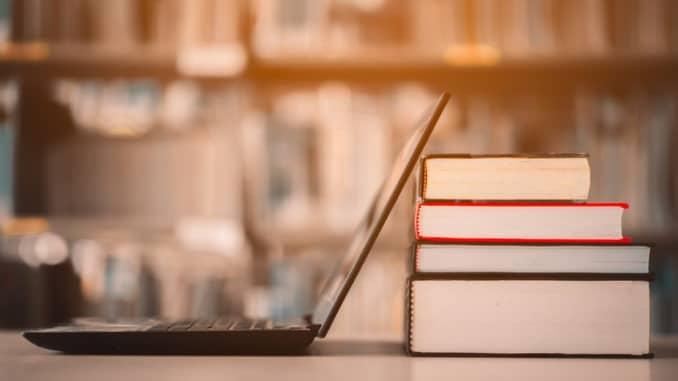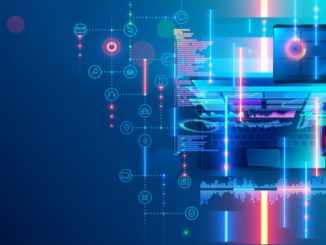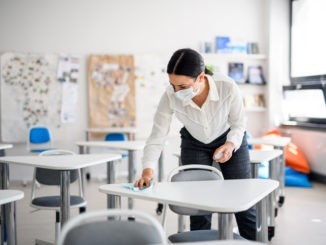
As reported by BBC news, disadvantaged families are being “locked out” of education as they cannot afford the costs of online learning, children’s charities say
Barnardo’s chief executive Javed Khan said “urgent action” was needed to make internet access more affordable. Ofcom said six per cent of UK families struggled with broadband costs, while five per cent could not afford their mobile bills. The Department for Education (DfE) said it had delivered 54,000 4G routers to low-income families.
A government scheme to distribute one million laptops to schoolchildren had delivered 801,524 machines as of 17 January, but many are still unable to get online while schools are shut during the pandemic. An Ofcom report from 2020 estimates between one million and 1.8m children do not have access to a laptop, desktop or tablet at home.
Low-income households are also less likely to have an internet connection in their home, instead relying on expensive mobile phone data packages at a time when paying for weekly food and heating bills is already extremely challenging.
]Khan said: “With some families facing the choice between heating and eating, and now trying to afford data too – we need urgent action to support those suffering most during the crisis.”
Katie Schmuecker, from the Joseph Rowntree Foundation, said: “For people in poverty, high costs and low incomes can mean internet access is out of reach, or incredibly expensive when accessed through pay-as-you-go [mobile data] tariffs.
“This leaves children locked out of an education.”
A DfE spokesman said the government had partnered with leading mobile network operators to provide free data to low-income families.
He added: “The country’s major telecommunications providers are also working to make it easier for families to access selected educational resources by temporarily exempting them from data charges
“Where pupils continue to experience barriers to digital remote education, we expect schools to work to overcome these barriers.
“This could include distributing school-owned laptops and providing printed resources, such as textbooks and workbooks, to structure learning, supplemented with other forms of communication to keep pupils on track or answer questions about work.”
A number of charities and groups are collecting unwanted laptops and tablets for schoolchildren to use at home.
Many schools are accepting equipment directly, but local BBC radio stations are also helping to coordinate donations by liaising with organisations across the UK.
To donate a device, visit the Make a Difference website and click “Give A Laptop” where you will find an ever-growing list of charities that can help.



Be the first to comment